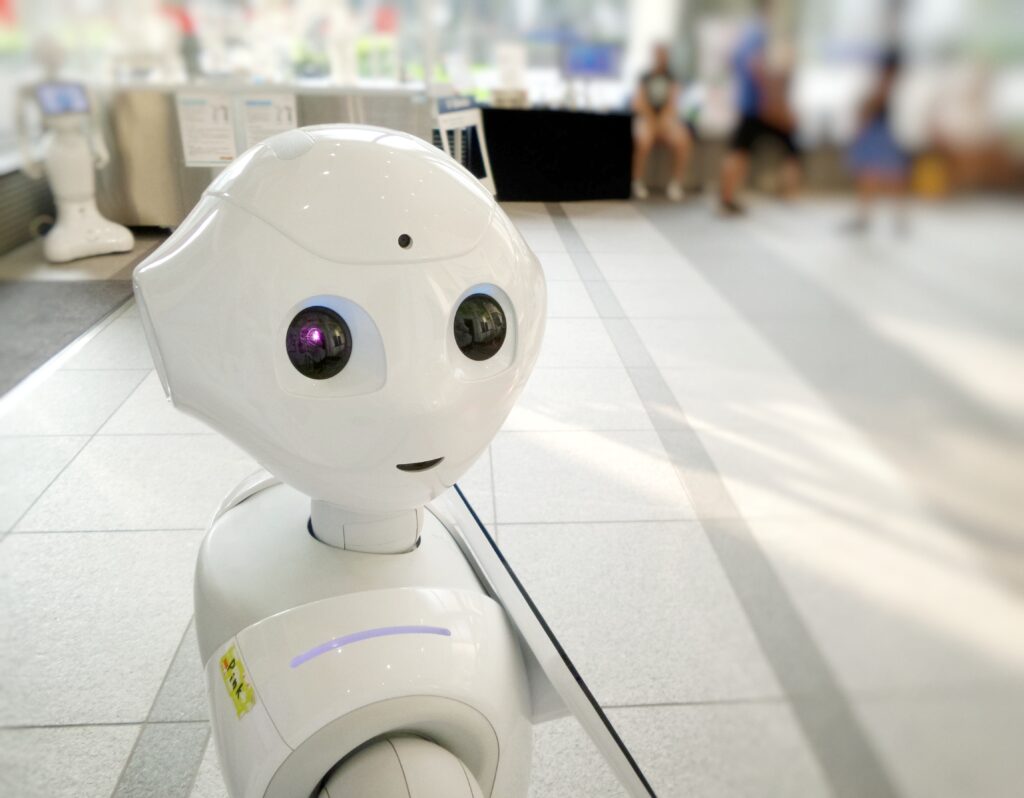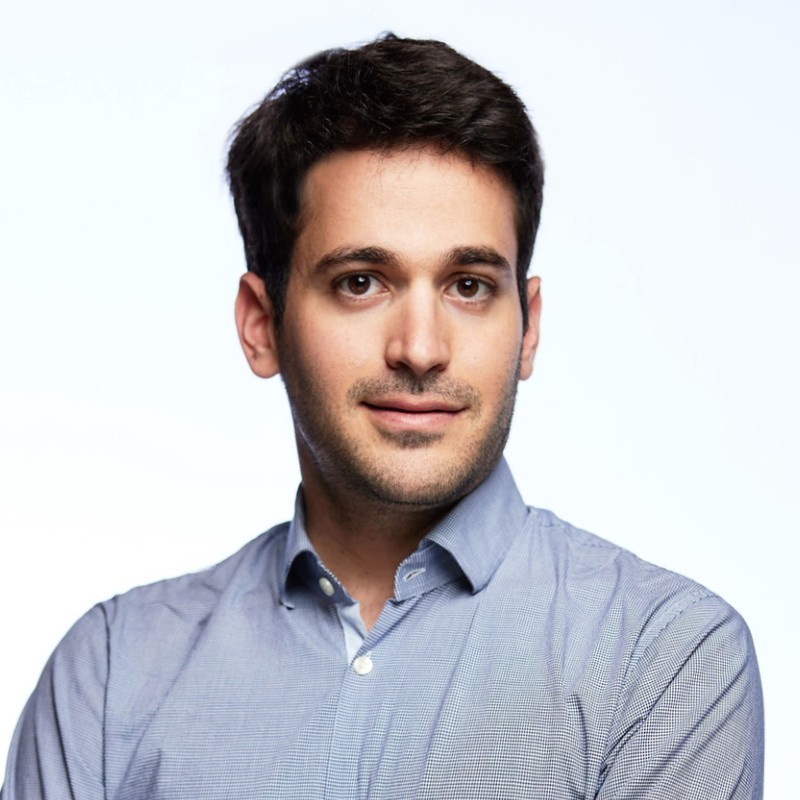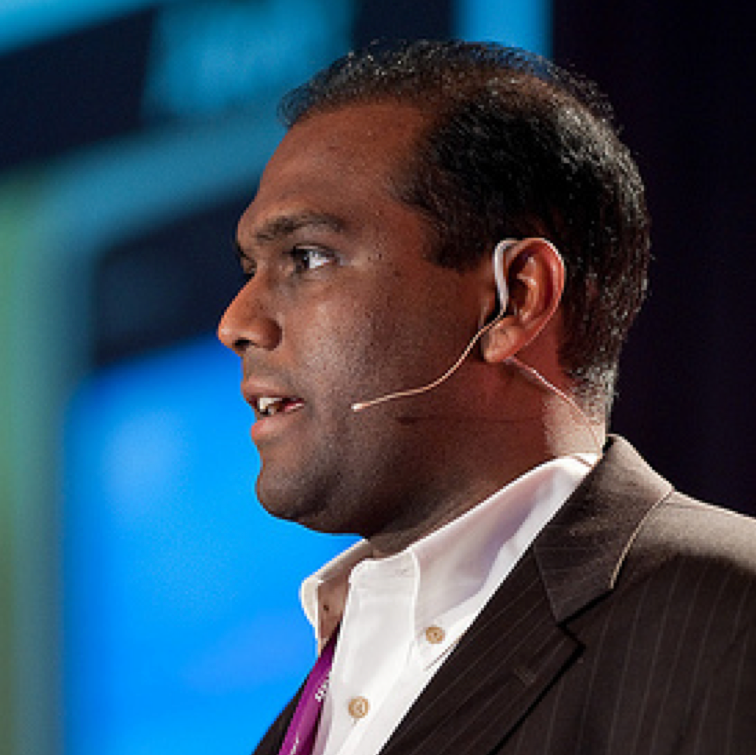Artificial Intelligence
Exploring the Trend of AI Startups: Opportunities, Lessons, and White Space

One of the single hottest trends in technology startups is Artificial Intelligence (AI). Machine Learning, Natural Language Processing, and various other nuances are being constantly applied to problems up and down the alleyways of all industries, from manufacturing, to retail, to education, to drug discovery.
All the methodology building blocks you have been learning through the 1Mby1M entrepreneurship fundamentals courses apply.
Thought Leaders in Artificial Intelligence: Comet ML CEO Gideon Mendels (Part 2)
Sramana Mitra: Do you go to market as a platform company?
Gideon Mendels: I guess it depends on your definition. The Community Edition plays a big role as individual contributors get excited about it and recognize the value it can bring to them and their team.
Sramana Mitra: I noticed that you are calling it the Community Edition but not an open source product. It is a free product but not open source?
>>>Thought Leaders in Artificial Intelligence: Comet ML CEO Gideon Mendels (Part 1)

We’ve covered ML Ops before in interviews such as Arize.
Gideon provides a comprehensive overview of how the space is evolving and the opportunities on the horizon.
Sramana Mitra: Let’s start by introducing our audience to you as well as to Comet.
>>>Thought Leaders in Artificial Intelligence: Iterate CTO Brian Sathianathan (Part 3)
Sramana Mitra: This is a very wide range of use cases. It sounds like you are going to market as a platform company.
Brian Sathianathan: Correct, but we work with the appropriate service providers. We also build accelerators on top. If you look at a lot of the low-code platforms, they are purely platforms. It’s the empty canvass problem. Over the last seven to eight years, we have abstracted a lot of knowledge across industries.
>>>Thought Leaders in Artificial Intelligence: Iterate CTO Brian Sathianathan (Part 2)
Sramana Mitra: These use cases that you discussed, are all these use cases that you found yourself and are selling directly?
Brian Sathianathan: Absolutely.
Sramana Mitra: Let’s double-click down on the first use case – gas station loyalty program. Who built the solution?
>>>Thought Leaders in Artificial Intelligence: Iterate CTO Brian Sathianathan (Part 1)

In this interview, we explore the priorities of enterprise decision makers through the lens of an AI platform vendor.
Sramana Mitra: Let’s start by introducing the audience to yourself as well as to Iterate.
>>>How to Use Your AI, ML and Big Data Knowledge to Bootstrap a Startup

Let’s talk about the field of medicine. If you think about what a doctor needs to do to diagnose an illness, she needs to consider all the symptoms, take into account all the test results, consider all the treatment options, factor in all the side-effects of various medications and their interplay with other medications the patient is already taking.
This is, effectively, a multivariate optimization problem that a doctor has to do in her head. And, she needs to keep up with all the new research and advances in medical science, and factor those in as well. The field of medicine is full of incorrect diagnosis and mistreatment of illnesses. Now, if you replace this whole process with software, which IBM is trying to do with their Watson supercomputer, medical diagnosis becomes a truly scientific, deterministic process.
I can tell you, if I have the option of being diagnosed by software versus a human doctor, I would always prefer software. It would be far more accurate.
Generative AI: A Strategy Blueprint for Capital Efficient Entrepreneurship

Ever since ChatGPT was made available to the general public, everybody is talking about how it will impact the world as we know it.
ChatGPT is a generative pre-trained transformer (GPT) built on top of OpenAI’s GPT-3 family of large language models (LLMs). Generative AI is trained on vast amounts of data that enable it to understand and respond like a human. It helps create new content from previously created content. It can write and debug computer programs, compose music, plays, and student essays, and answer test questions.
OpenAI’s Journey and Financials
OpenAI was originally founded in 2015 with a stated goal of promoting and developing friendly AI in a way that benefits humanity as a whole. Sam Altman, Elon Musk, Greg Brockman, Reid Hoffman, Jessica Livingston, Peter Thiel, AWS, Infosys, and YC Research pledged over $1 billion to the venture.
